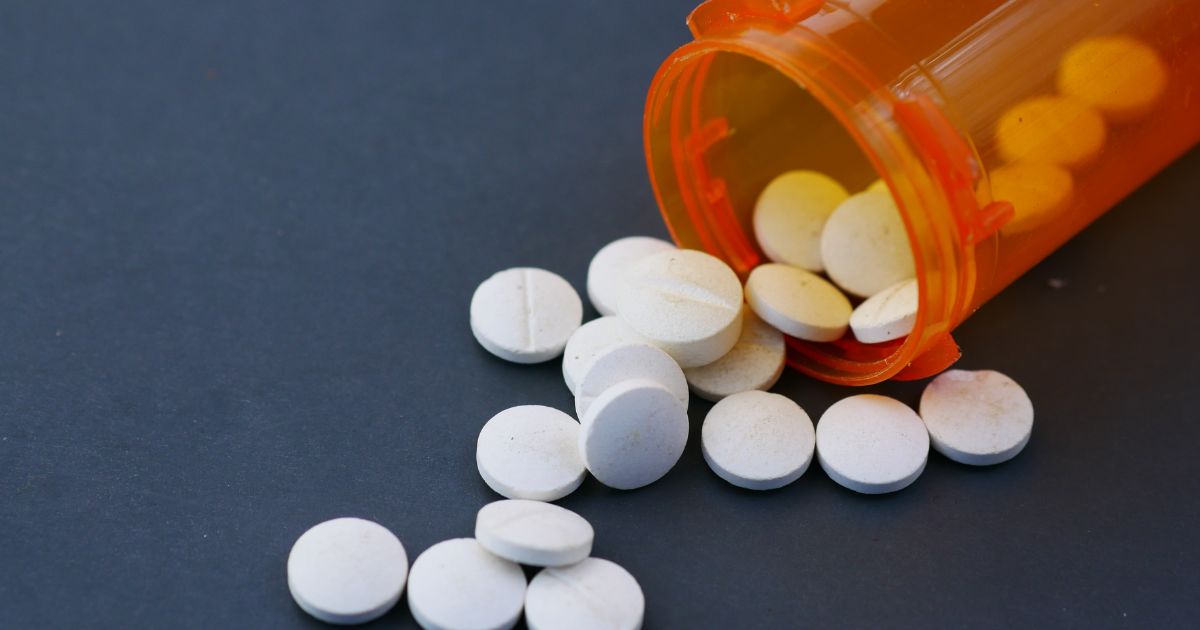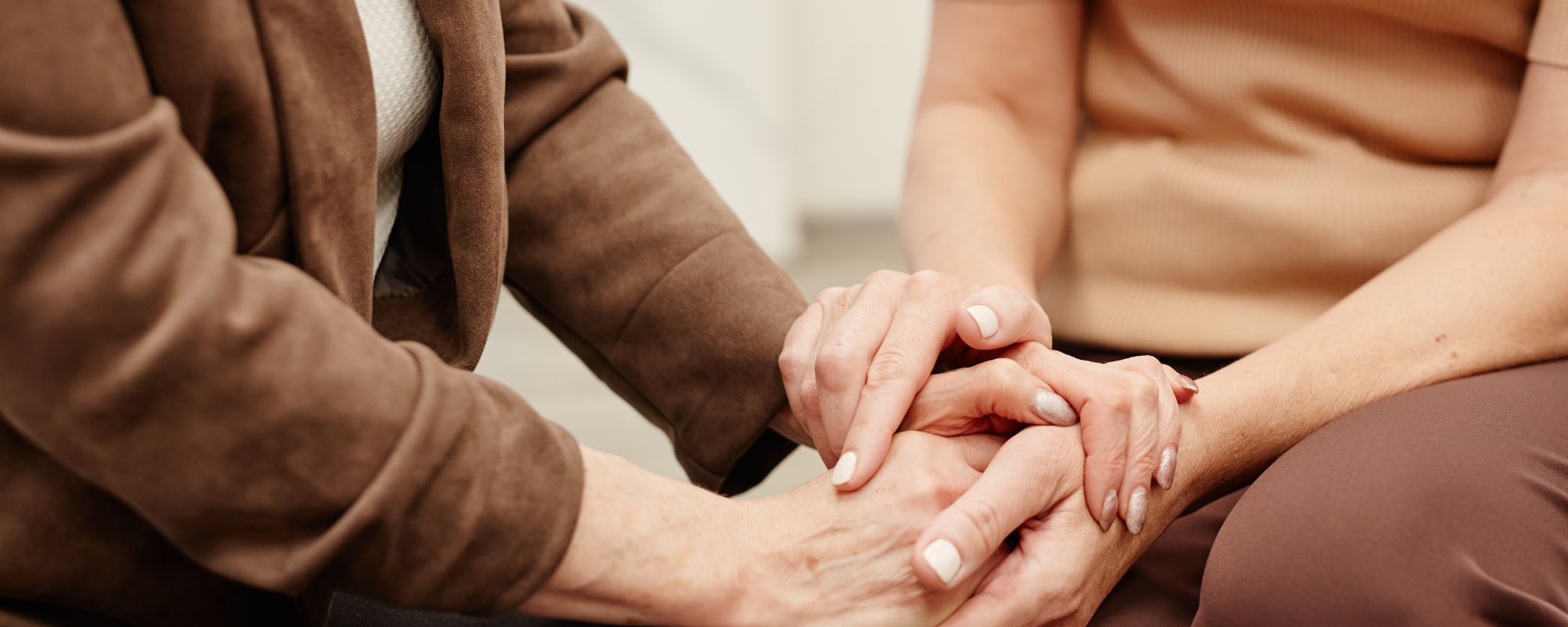Drug addiction affects many factors, including your overall health and wellness. One of the factors mostly affected by addiction is your brain’s functioning, which drugs and alcohol disrupt and distort its natural system programming— like your circadian and diurnal rhythms, rewards system, and chemical balance.
Addiction not only affects your circadian and diurnal rhythm, but your circadian and diurnal rhythm can affect your drug addiction, as both conditions are related. Research provides evidence for the relationship between sleep and substance use disorders, “people with genetic sleep disorders and insomnia are more prone to addiction” (Falcón). But how about the impact drug addiction has on your sleep, or its likelihood of producing a sleep disorder? Individuals struggling with an addiction are five to ten times more likely have a sleep disorder (TUCK). In addition, addicts can suffer from substance-induced sleep disorders, including: insomnia, hypersomnia, parasomnias, sleep apnea, and restless legs syndrome.
What are Components of Sleep?
All humans function on a natural rhythm, including both your circadian rhythm and diurnal rhythm. “Your circadian rhythm is basically a 24-hour internal clock that is running in the background of your brain and cycles between sleepiness and alertness at regular intervals. It’s also known as your sleep/wake cycle” (National Sleep Foundation).
A diurnal rhythm is “patterns of activity or behavior that follow day night cycles, such as breakfast-lunch-dinner schedules” (“Diurnal Rhythm”).
REM sleep is also an important part of sleep cycles. REM sleep is a deep sleep state, which constitutes about 20% of our overall sleeping. In REM sleep states, brain activity is increased as this sleep cycle allows for subconscious learning and dreams to take place. The brain is very active in REM sleep, and this state of sleeping is what is considered to be deep sleep.
Deep sleep is the stage of sleep where your body restores your muscles and body tissue, and repairs itself. Addicts generally cut their ability to reach a deep sleep state (like REM sleep) in half, which greatly effects not only their quality of sleep, but also the ability to let their bodies repair themselves.
Drugs and Sleep Disorders
Many people who already have a sleep disorder will turn to drugs in an effort to self-medicate, which often turns into an addiction to those drugs. Self-medicating efforts are reflected in high percentages when we look at those who have a sleep disorder like insomnia. About 20-30% of Americans who have insomnia reported that they use alcohol to help themselves fall asleep (TUCK). Marijuana is also commonly used to help those with sleep disorders fall and stay asleep, however, it affects the users REM sleep so much that quitting marijuana will result in vivid and strange dreams for months after the substance is discontinued.
Drug abuse and sleep disorders have a relationship that cannot be ignored. In a study that was conducted at the Alcohol and Drug Recovery Center at Cleveland Clinic in Ohio, participants who were addicted to substances showed how prevalent sleep disorders were amongst their substance use disorder; “The prevalence of various sleep disorders in this population along with the prevalence in general population in parenthesis are as follows: Sleep impairment was noted in 96 percent (15%) of the subjects, and 56 percent (10–15%) had insomnia of moderate-to-severe degree. Symptoms suggestive of sleep apnea were reported in 53 percent (4–6%) of the subjects and restless leg syndrome symptoms in 33 percent (10%)” (Mahfoud).
Impact of Drugs on Sleep
Drugs also greatly impact your sleep patterns, “Even if one didn’t have sleep problems before their addiction, long-term substance abuse physically changes your brain’s sleep architecture, disrupting your sleep patterns and sleep quality” (TUCK). Drug use will effect both your natural diurnal rhythm and REM sleep capabilities, “Chronic use of cocaine and ecstasy both reduce REM sleep, causing sleep deprivation that has a noticeable impact on their daytime cognitive performance” (TUCK).
Drugs change your brain’s chemical balance, leading to impaired functioning. One example of how this imbalance manifest itself into sleep difficulties is the affect drugs have on serotonin levels. Drug use will greatly decrease the brain’s natural levels of serotonin, causing a serotonin deficit. Because serotonin plays a part of the melatonin production process, sleep deprivation symptoms can easily present themselves due to drug use. Melatonin is a natural hormone that regulates our sleep schedule; melatonin is released when it gets dark outside, it’s our bodies way of naturally regulating our circadian and diurnal rhythms. When it gets dark outside, our brains receive an indicator (the release of melatonin) that it’s time to go to sleep.
In recovery, sleep issues are one of the longest persisting symptoms of your drug addiction. During detox from a substance, disruptions in your sleep patterns are pretty uniform across the board, no matter what addiction you are kicking.
Disruption of the Body’s Natural Rhythm
Sleep disorders seem to effect drug addicts more than other populations, mainly because “…drug addicts generally have severe disruptions in their sleep/wake cycle, activity cycles, eating habits, as well as, abnormal rhythms in body temperature, hormone levels, and blood pressure” (Falcón).
Despite the fact that drug use directly affects sleep cycles, even after drug use is stopped, sleep disruptions can persist. “Many of these disruptions were originally thought to arise as an indirect result of chronic exposure to drugs of abuse, however, studies have shown that repeated drug use can directly affect ongoing diurnal rhythms” (Falcón).
Sleep Disorders
Sleep disorders can precede addiction, or result from addiction. There are many substance-induced sleep disorders, which include the following:
- insomnia
- hypersomnia
- parasomnias
- sleep apnea
- restless legs syndrome (RLS)
Insomnia is a chronic sleep disorder that describes a persistent issue falling asleep or staying asleep. Insomnia is a very common symptom of drug addiction, and can continue on through out the recovery process. Insomnia is common mostly for guests who are recovering from prescription pill addictions, stimulants, opioids, and sedatives like benzos (benzodiazepines).
Hypersomnia describes a state of excessive sleepiness, or can represent a feeling of unsatisfactory sleep. People with hypersomnia may find it difficult to stay awake through out the daytime, and can frequently oversleep or fall asleep in daytime hours. This condition can be diagnosed in conjunction with insomnia as well.
Parasomnias is a sleep disorder characterized by abnormal sleep behaviors, like sleepwalking or night terrors. Individuals with parasomnias usually become afraid to fall asleep because of their sleep behaviors. Parasomnias is common during withdrawal from marijuana and cocaine.
Sleep apnea is sleep-disordered breathing, marked by lapses in breath during sleep. An individual with sleep apnea may stop breathing momentarily during their sleep, because of issues with throat muscles or brain miscommunications. Sleep apnea causes the brain to wake up, in order for you to start breathing again, which greatly reduces the quality of your sleep. Most people with sleep apnea don’t remember waking up in the middle of the night, but could have woken up dozens of times through out their night of sleep. Alcoholics and opioid addicts are most likely to experience sleep apnea. Furthermore, over half of all addicts experience sleep apnea.
Restless legs syndrome is a disorder “…where individuals experience an uncomfortable sensation in their lower limbs that can only be relieved by moving them. It typically occurs when the individual is lying down, as one is when you’re lying in bed. The constant need to move the legs in order to calm the sensation makes it difficult to relax sufficiently to fall asleep” (TUCK). Restless legs syndrome is common in the detoxification process for many addictions, and also over a third of addicts are affected by RLS. This sleep disorder is most common in recovering opioid addicts.
The Effect of Sleep Disorders
“According to a recent Institute of Medicine report, about 90 sleep disorders are linked to such diseases as hypertension, diabetes, obesity, depression, and drug addiction” (Society for Neuroscience).
“ Chronic disruptions in normal sleep wake and social schedules can lead to serious health problems such as those seen in shift worker’s syndrome. Moreover, genetic disruptions in normal circadian gene functions have recently been linked to a variety of psychiatric conditions including depression, bipolar disorder, seasonal affective disorder and alcoholism” (Falcón). In recent studies, researchers are beginning to uncover the role that “circadian genes and rhythms are involved in the development of drug addiction” (Falcón).
Sleep deprivation is a huge impact from addiction and sleep disorders, and greatly affects the way the body is able to regenerate itself. Sleep deprivation was the reason for continued poor sleep in recovering heroin addicts in this case: “…heroin patients with less than one year of methadone treatment had poor sleep, the possible cause of which could be measured at the molecular level, Gordon says. Magnetic resonance spectroscopy imaging of these patients showed some energy-indicating molecules in their brain had failed to recover properly after sleep deprivation” (Society for Neuroscience). If we are getting little to no sleep, our body has no chance to repair and restore itself, on a molecular and psychological level. This results in poor physical and mental health.
How Other Disorders Play into Addiction and Sleep Disorders
Studies show that the likelihood of addiction rises in those with a co-occuring disorder; “addiction may be more prevalent in individuals with a compromised circadian clock, or with mood disorders which may have a circadian basis, such as Major Depressive Disorder, Bipolar Disorder, and Seasonal Affective Disorder, among others” (Falcón).
It is also proven that the presence of a co-occuring disorder will heighten the possibility of relapse among recovering addicts and alcoholics.
Addiction Recovery
Our comprehensive addiction treatment addresses substance use disorders and any co-occuring disorders, including sleep disorders. We treat sleep disorders in both medical detox and our other treatment programs, to ensure that our guests are of optimal health. Our recovery process focuses on overall health and recovery in the mind, body, and spirit. Royal Life Centers offers treatment programs including: medical detox, a residential inpatient program, a partial hospitalization program (PHP), an intensive outpatient program (IOP), an outpatient program (OP), sober living and graduate housing.
If you or someone you know is struggling with an addiction, please reach out to us at (877)-RECOVERY or (877)-732-6837. Our team makes themselves available to take your call 24 hours a day, 7 days a week. Because We Care.
References:
“diurnal rhythm.” Mosby’s Medical Dictionary, 8th edition. 2009. Elsevier 13 May. 2019 https://medical-dictionary.thefreedictionary.com/diurnal+rhythm
Falcón, Edgardo, and Colleen A McClung. “A role for the circadian genes in drug addiction.” Neuropharmacology vol. 56 Suppl 1,Suppl 1 (2008): 91-6. doi:10.1016/j.neuropharm.2008.06.054
National Sleep Foundation. “What Is Circadian Rhythm?” National Sleep Foundation, www.sleepfoundation.org/articles/what-circadian-rhythm
Mahfoud, Youssef et al. “Sleep disorders in substance abusers: how common are they?.” Psychiatry (Edgmont (Pa. : Township)) vol. 6,9 (2009): 38-42.
Society For Neuroscience. “Sleep, And How Cocaine Changes The Brain To Make Treatment So Difficult.” ScienceDaily. ScienceDaily, 8 November 2007.
TUCK. “Sleep Problems Associated with Addiction and Recovery.” Tuck Sleep, Tuck.com LLC, 23 Apr. 2019, www.tuck.com/addiction-and-sleep/









